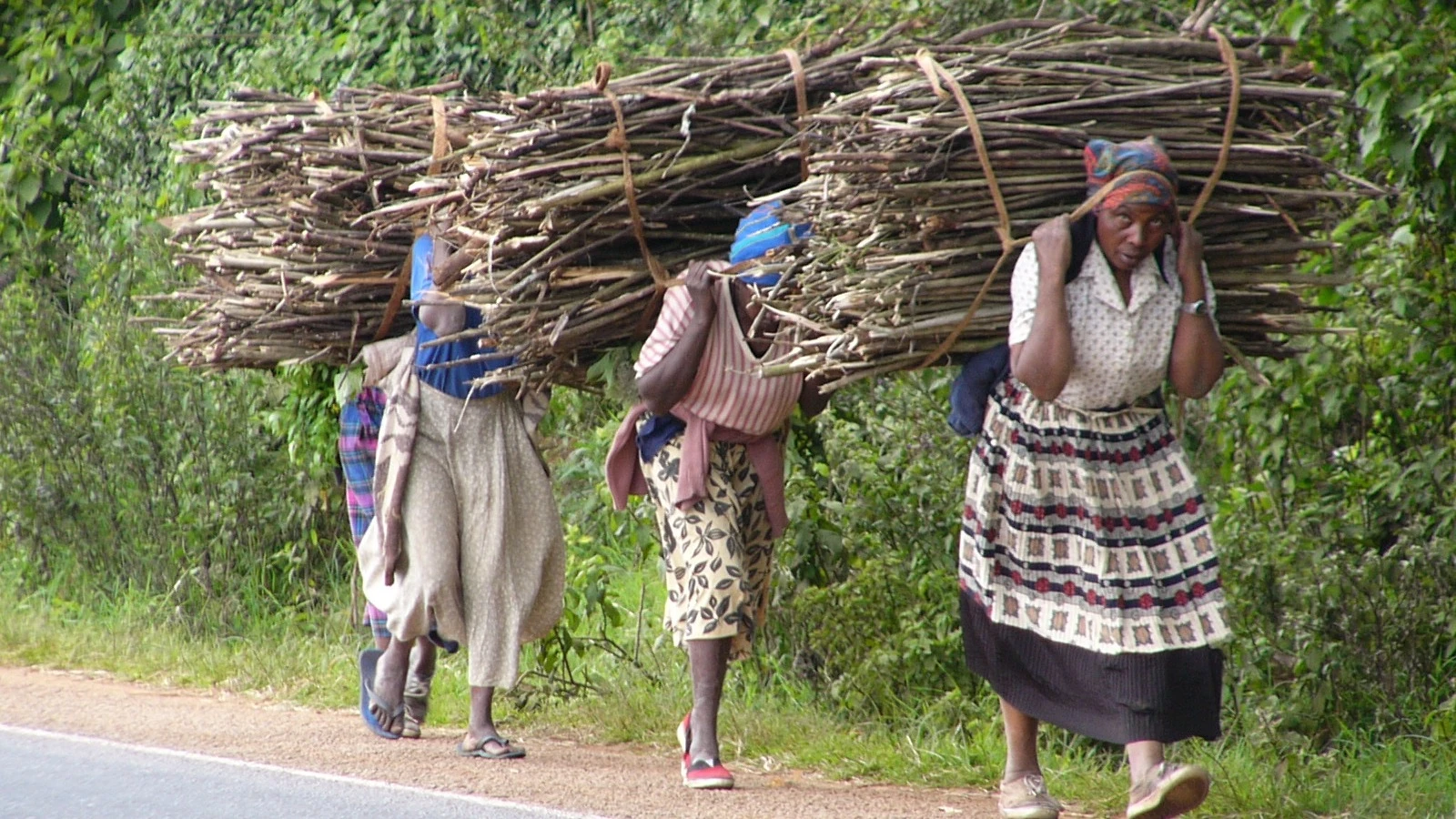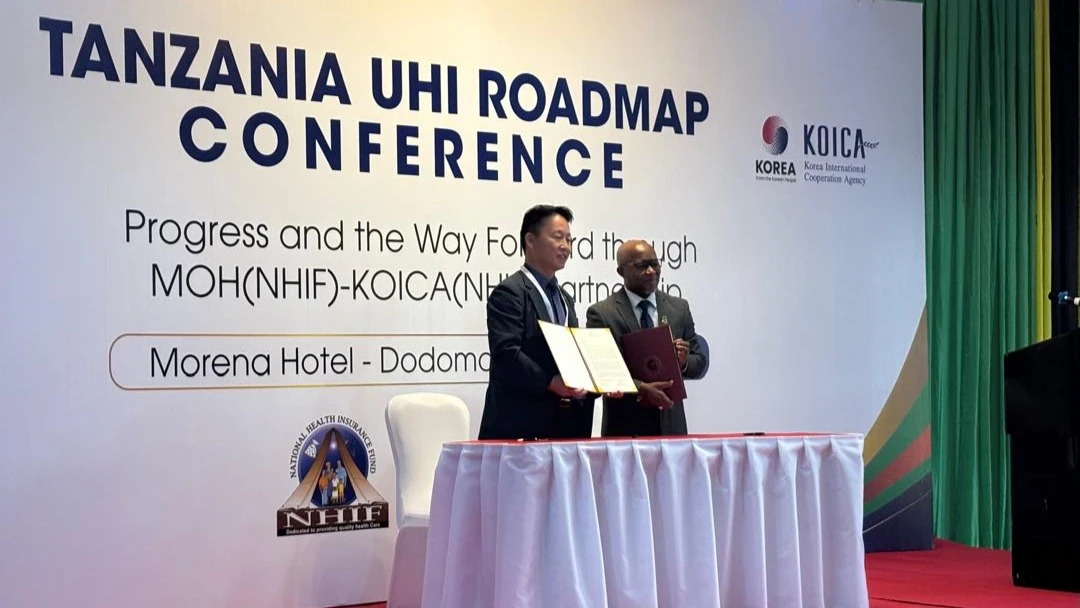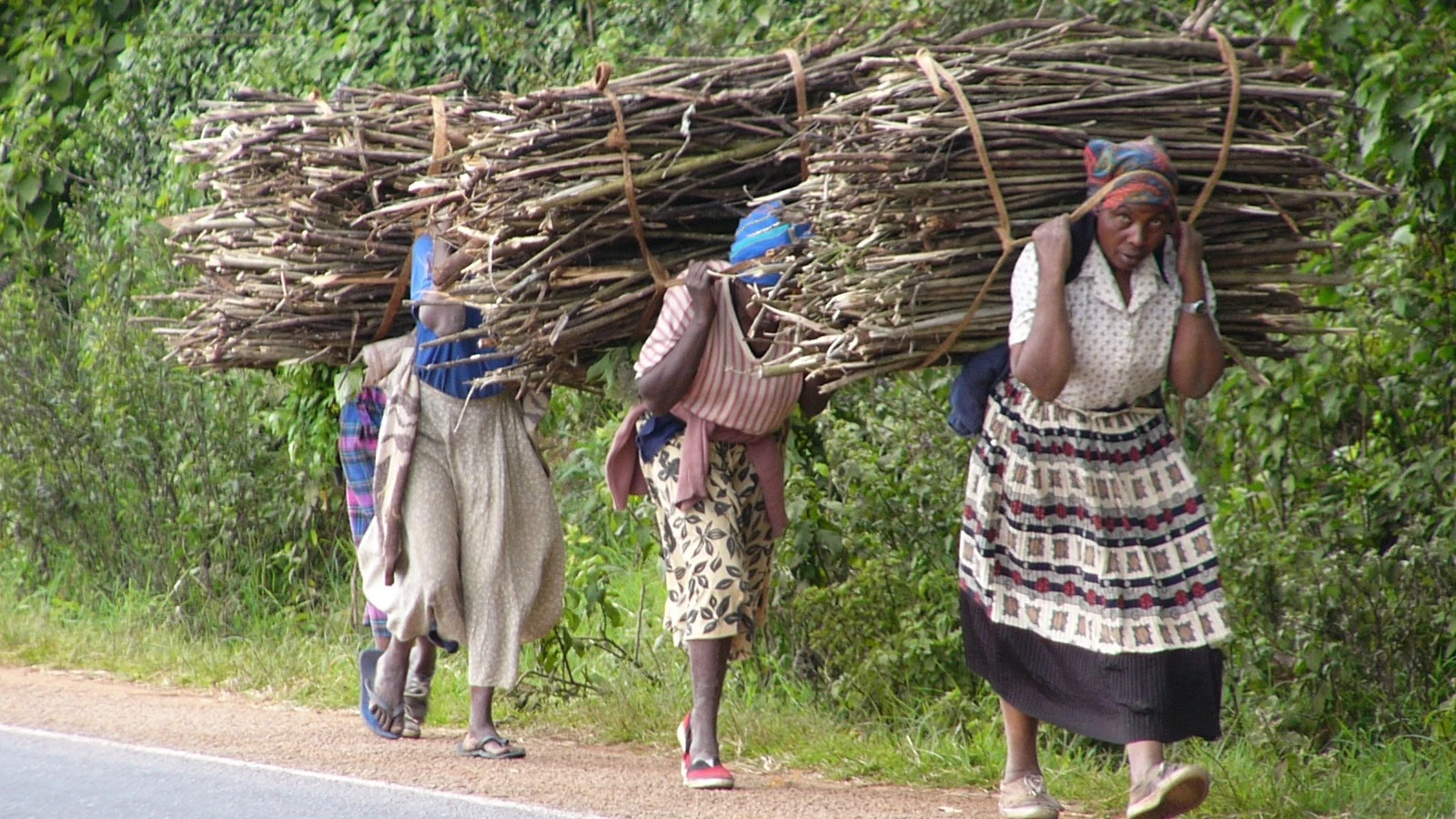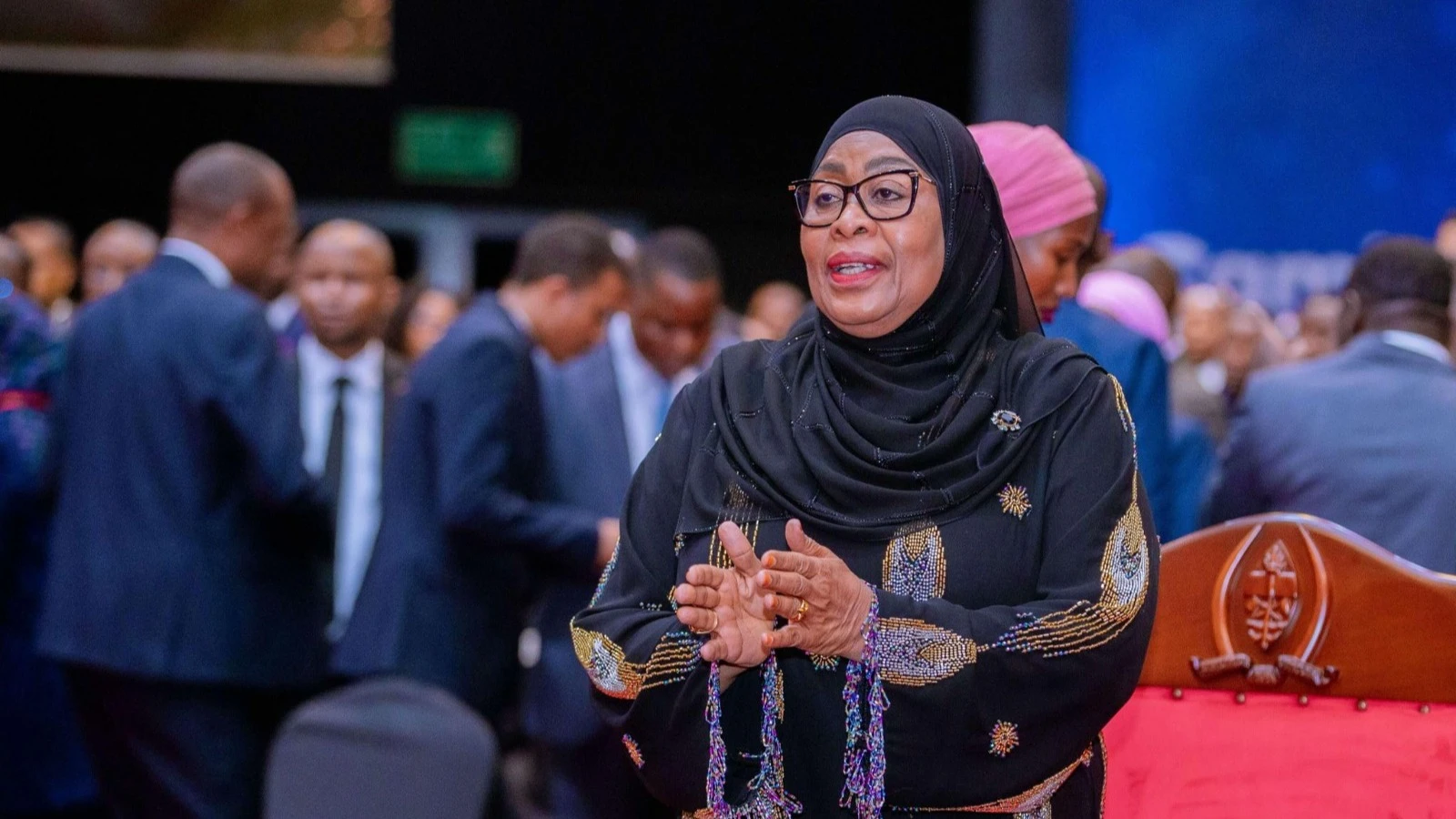Use of firewood tied to 600,000 deaths of African women yearly

OVER 600,000 women in Africa suffer and die each year from the use of firewood as main fuel for cooking domestically.
Thokozani Malunga, Energy ministry deputy director in Malawi, made this observation at a maiden Eastern Africa regional clean cooking symposium taking place here for three consecutive days.
Firewood is a silent and rarely mentioned domestic killer, compelling transition into clean cooking and renewables as a matter of paramount importance, he stated.
Dr Faith Wandera, the Renewable Energy ministerial deputy director for Kenya, said that over 26,000 people, mostly women, are killed yearly in that country from fumes emanating from firewood.
Experts explain that women and girls simply go to fetch firewood without realizing that some trees contain poisonous chemicals that when burnt produce toxic gases which, once inhaled, result in serious health effects, eventually causing death.
That is beside routine pollution and fire accidents arising from open flames blazing in grass or tin roofed houses, where windows are sparing owing to keeping out cold air at night or for several months during the year.
Innocent Luoga, the host ministerial commissioner for electricity and renewable energy, highlighted the steps that the country is taking in promoting clean cooking energy.
“We have set a national target that by 2030 at least 75 percent of the country should have transitioned to clean cooking fuels,” he said, indicating that clean energy use stands at less than 16 percent at present.
Universal access to clean cooking targets 80 percent adaptation by 2030 while Africa’s own milestone is fixed at achieving the 80 percent mark by 2034, he elaborated.
He said the government intends to remove tax on appliances related to clean cooking and inject subsidies to natural gas suppliers to ensure rapid distribution nationwide.
The initiative supplements the ongoing efforts to increase power generation at the Julius Nyerere hydropower project at Rufiji, Coast Region, he said, noting that it is Kenya which leads East Africa in adopting clean cooking energy at 34 percent.
Tanzania is struggling at 16 percent while Malawi records a measly two percent of the population, with the Tanzania clean cooking strategy through the CookFund initiative intended to quicken the pace.
The meeting has brought together energy experts from Kenya, Uganda, Rwanda, Burundi, Malawi and Tanzania, tied to an observation that an estimated 72.5 percent of energy is utilized in households, primarily for cooking.
Abraham Lyamungu, senior investment officer at UN Capital Development Fund (UNCDF), pointed at increased regional awareness on the importance of clean cooking for achieving sustainable development goals.
He also highlighted comparative household cash use for biomass-based fuel in contrast with cleaner available technologies, underlining greater visibility and market opportunities for innovators and entrepreneurs in the clean cooking sector.
These include manufacturers, distributors and financiers to accelerate the adoption of clean cooking solutions, where strengthened regional collaboration and partnership among energy stakeholders like policy makers, development partners, researchers, academic institutions, private sector players and NGOs is crucial, he added.
Top Headlines
© 2025 IPPMEDIA.COM. ALL RIGHTS RESERVED






















